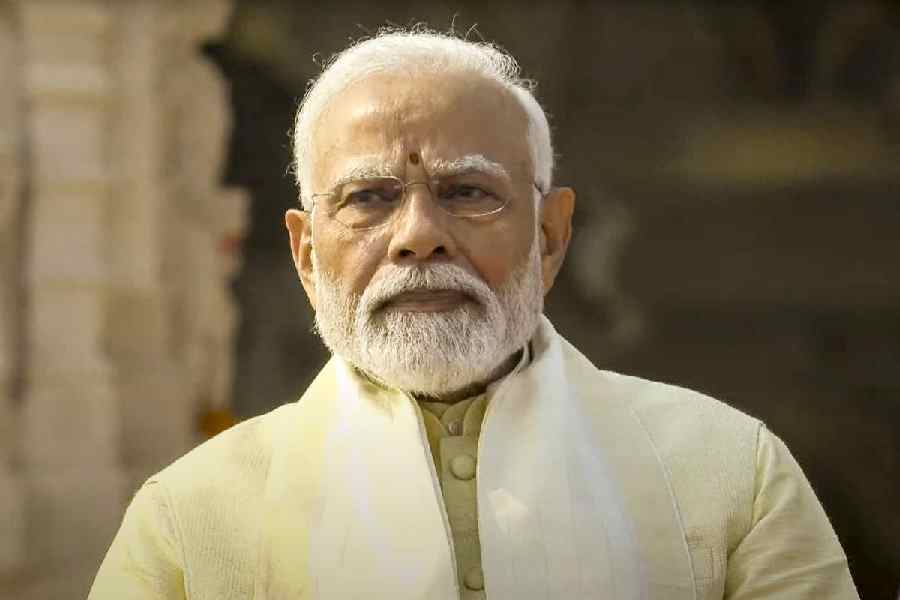Turning laws into weapons would not have been the vision of lawmakers in the past. Yet the Foreign Contribution (Regulation) Act, for example, seems to have become one, given the systematic way it is being invoked to shut down civil society outfits and non-profit organisations for alleged violations. Recently, the Centre for Policy Research, highly prestigious as a think-tank worldwide, has had its FCRA licence cancelled, although the reasons are being perceived as ‘incomprehensible’. The FCRA was formulated in 1976 to prevent overseas funding for elections. That purpose became irrelevant when the finance bill in 2018 freed political parties from any scrutiny of funds received from abroad. The FCRA was then aimed against NPOs, with new rules in 2020 making their functioning difficult anyway. Many registrations were not renewed, as of Oxfam India, for instance, or People’s Watch, a programme of the Centre for the Promotion of Social Concern. Amnesty was one of the earliest outfits to shut shop in the country, although the FCRA licence for the Missionaries of Charity was extended till 2026 after an initial cancellation. By 2023, 20,693 non-governmental organisations had had their licences cancelled, up from 41 in 2010.
It is difficult to avoid the inference from all this that the Narendra Modi-led government is stifling outfits that work for the rights of the less privileged and marginalised, the poor and the outcast, or uphold the needs of health, education and the environment. This suggests that no organisation which can be seen as critical of government policy or action, which holds public authorities to account for repressive moves and speaks for the victim, or underlines lacunae in governance even by its theoretical work, will be allowed to continue. The CPR first had its licence suspended last year and already suffered a radical reduction in its staff. That makes it impossible to produce work; the cancellation could make that permanent. The organisation claims it has not violated rules and hopes to retrieve its position through the legal route. Its situation brings out another aspect of these closures. Academic excellence, independent research and the freedom to think are being stifled overall, not just the actions or products of these organisations. The CPR was one of the highest achieving among them; its return would infuse other such organisations with hope.











